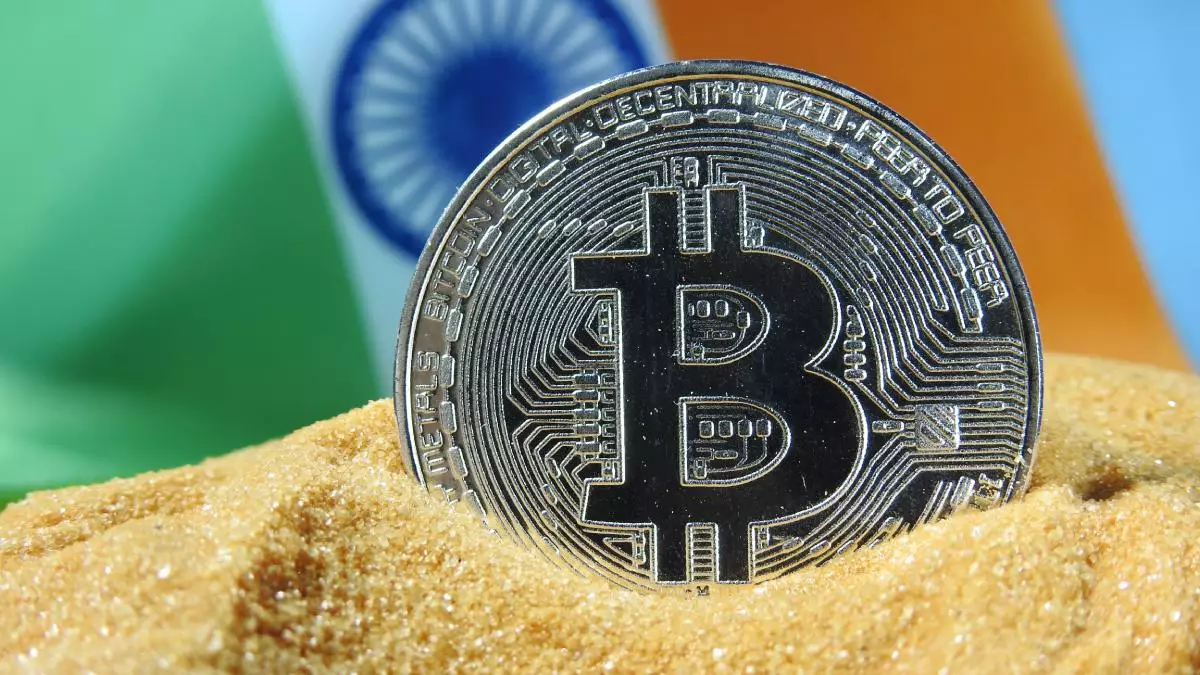The emergence of Web3 technologies, including blockchain and cryptocurrencies, has captured the attention of many major companies in India, particularly those listed on the Nifty 50 index. A recent exploration into this trend has revealed that a number of these firms are beginning to integrate these technologies into various aspects of their operations. This article delves into the growing adoption of Web3 solutions by some of India’s largest corporations, analyzing its implications for industry and the economy as a whole.
Web3 represents a fundamental shift in how data, applications, and users interact online, leveraging decentralized blockchain technologies. In India, the adoption of Web3 is gaining momentum as companies recognize its potential to enhance operational efficiencies and drive innovation. According to a report from crypto firm Mudrex, over 30% of Nifty 50 firms are experimenting with these technologies. This statistic serves as a promising indicator of institutional readiness to embrace the future of digital transformation.
Among those exploring Web3, some notable names are Reliance, Airtel, ITC, and TCS. These companies are finding myriad applications for blockchain and cryptocurrencies, from enhancing supply chain management to creating Central Bank Digital Currencies (CBDCs). For instance, Reliance Jio’s introduction of JioCoins is a strategic move aimed at incentivizing user engagement through its browser service, highlighting how traditional telecom companies are venturing into cryptocurrency.
In the financial sector, major banks like HDFC, ICICI, SBI, and Axis Bank are taking significant strides. These institutions are not only researching but also testing the waters with crypto wallets and CBDCs, contributing to the country’s digital currency narrative through the development of the eRupee. This proactive approach by the fintech sector reflects a broader trend where financial institutions acknowledge the need for innovation to stay relevant in an increasingly digital world.
The implications of Web3 adoption extend beyond finance. Industries such as IT, oil and gas, fast-moving consumer goods (FMCG), and automotive are also beginning to assess how blockchain can better streamline their operations. Companies like Infosys, Tata Motors, and Wipro are not just participants; they are pioneers in testing blockchain applications that promise greater transparency and security over conventional methods.
The healthcare, telecom, and construction sectors are similarly evaluating the transformative potential of blockchain technologies. Although regulatory concerns remain, firms are motivated by the prospect of improved efficiency and accountability, suggesting a broad consensus that the advantages outweigh the risks.
Mudrex’s report suggests that by 2028, nearly 50% of Nifty 50 companies could be using Web3 technologies, signaling an 18% year-on-year increase in adoption rates. This projection indicates a clear trajectory towards full integration, suggesting that Indian firms are not just reacting to trends but actively shaping their future.
Digging deeper, the sustainability of this growth trajectory hinges on resolving regulatory uncertainties. While the Indian government expresses support for adopting blockchain, its stance toward cryptocurrencies remains cautious. The Reserve Bank of India (RBI) has advocated for stringent crypto regulations but is simultaneously moving forward with the eRupee CBDC initiative, highlighting a complex relationship between innovation and regulation.
India’s foray into Web3 technologies is characterized by a mix of enthusiasm and caution. As major firms explore blockchain, they encounter a landscape rich with potential yet fraught with challenges such as regulatory ambiguity and technological adaptation. However, the commitment from industries to redefine their operations suggests a promising evolution toward a more innovative and technologically integrated economy.
By fostering a conducive environment for these developments, India is positioning itself as a significant player on the global blockchain stage. As the nation continues to negotiate the complexities of Web3 innovation, both challenges and opportunities will shape its journey toward full digital transformation.


Leave a Reply